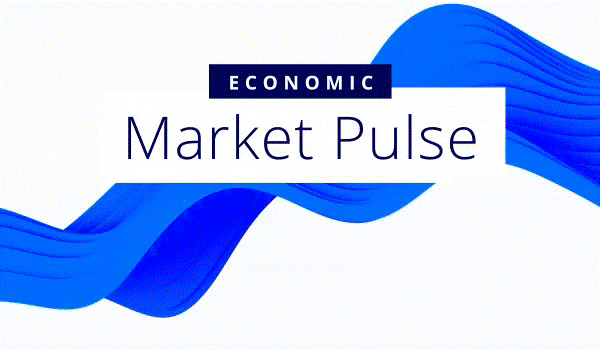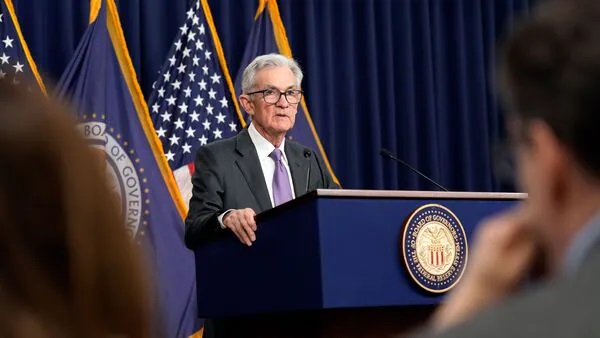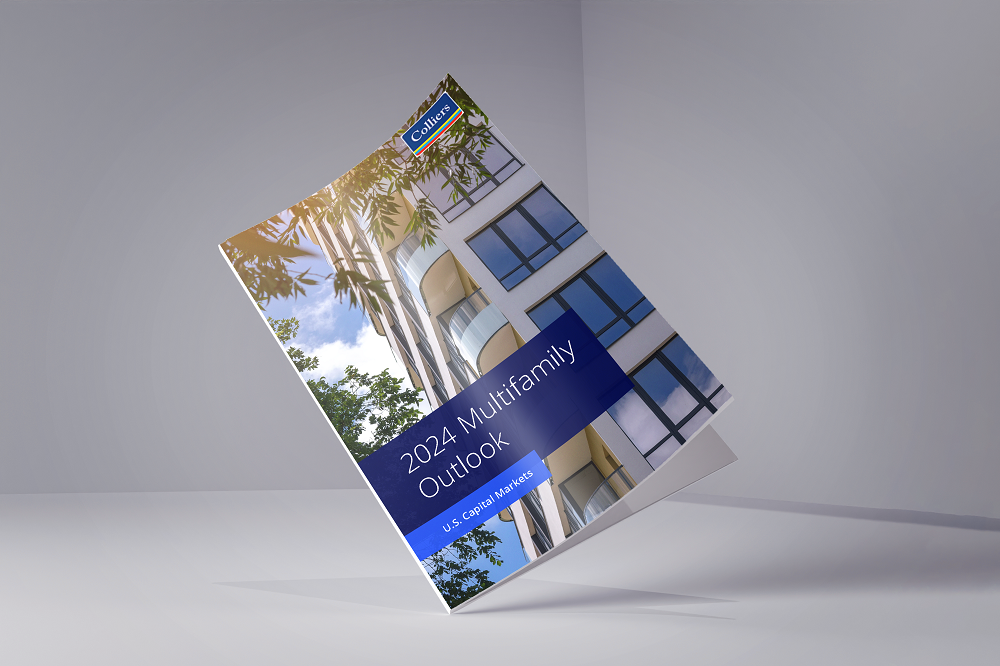Based on the Federal Reserve’s preferred PCE gauge, inflation rose in January at the fastest pace in four months, in a sign that price pressures might not return to low prepandemic levels as quickly as hoped.
The PCE index rose 0.3% last month. Meanwhile, the annual rate of inflation, fell a few ticks to 2.4% from 2.6%.
The more closely followed core rate that strips out food and energy rose a sharper 0.4%, the largest increase in a year. However, over the last 12 months. the annual core rate slowed to 2.8% from 2.9%. The core index is viewed as a better predictor of future inflation.
The uptick in inflation in the PCE report didn’t come as a big sursurprise. A pair of reports on consumer and wholesale prices that also feed into the PCE index showed sharper increases last month.
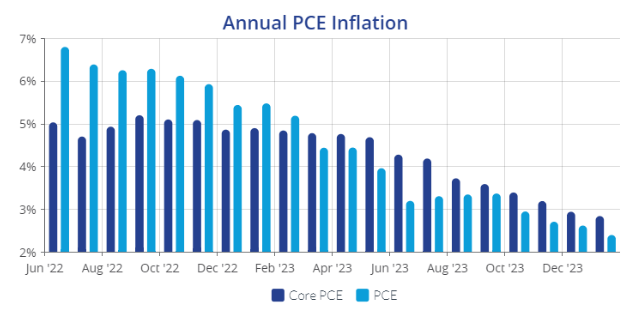
Source: MarketWatch, Trading Economics
US. manufacturers contract again in February, ISM finds, but business seen picking up
A barometer of business conditions at American manufacturers fell again in February as orders declined and more workers were laid off. Still, executives said they were preparing for expansion later in the year.
The Institute for Supply Management’s index of manufacturers dropped to a two-month low of 47.8% in February from 49.1% in the prior month.
Economists polled by the Wall Street Journal had predicted an ISM reading of 49.5%.
Numbers below 50% are viewed as negative for the industrial side of the economy.
Source: MarketWatch
Durable-goods orders drop 6.1% in January on fewer airplane contracts
Orders for durable or long-lasting goods sank 6.1% in January, but a brief lull in orders for Boeing passenger planes exaggerated the decline.
Economists polled by The Wall Street Journal had forecast a 5% decline.
New orders fell by 0.3% last month if planes and cars were stripped out. Orders minus transportation give a more accurate view of how well businesses are performing.
A key measure of business investment, meanwhile, was basically flat. So-called core orders edged up 0.1% in January.
Consumer confidence falls for the first time in four months as anxiety about politics rises
Consumer confidence retreated in February from a six-month high, partly because of angst about the U.S. presidential election.
The closely followed index fell to 106.7 from a revised 110.9 in January, the Conference Board said. It was the first decline in three months.
Consumer confidence tends to signal whether the economy is getting better or worse. Confidence has improved considerably since late last year, thanks to slowing inflation, but it’s still well below the pre-pandemic high.
The economy is in pretty good shape. Inflation has waned, unemployment is low, the stock market is booming, and the Federal Reserve will likely cut interest rates later in the year.
Yet the likely rematch between President Biden and Donald Trump looms as a potential wild card. Both men fare poorly in public polling.
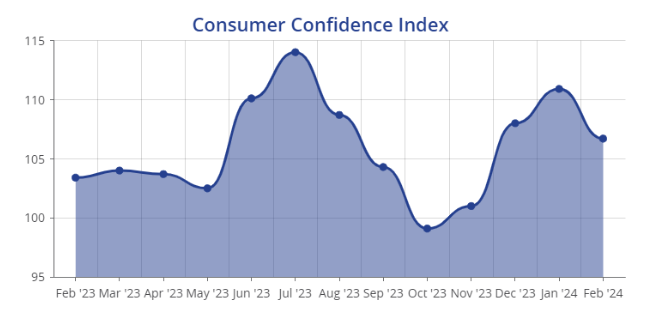
Source: MarketWatch, Conference Board

